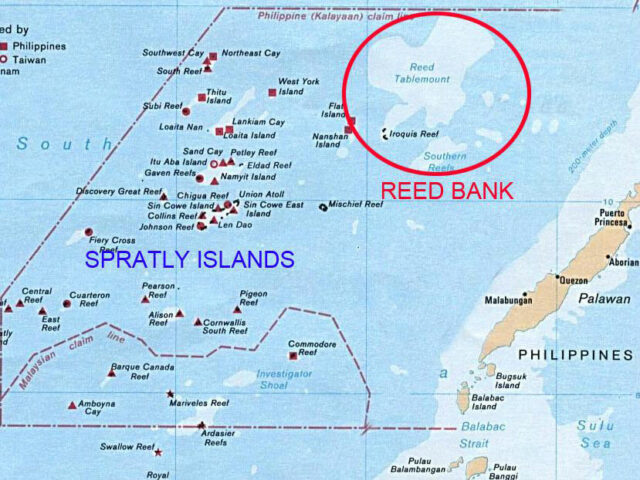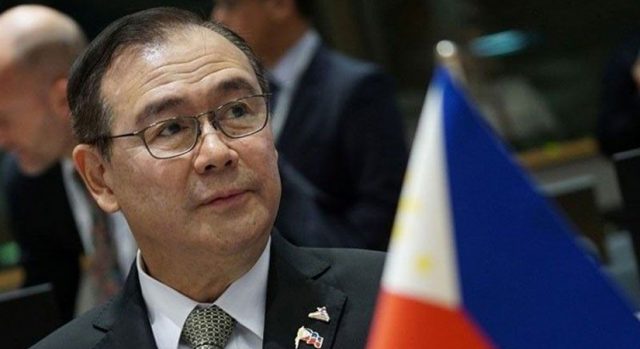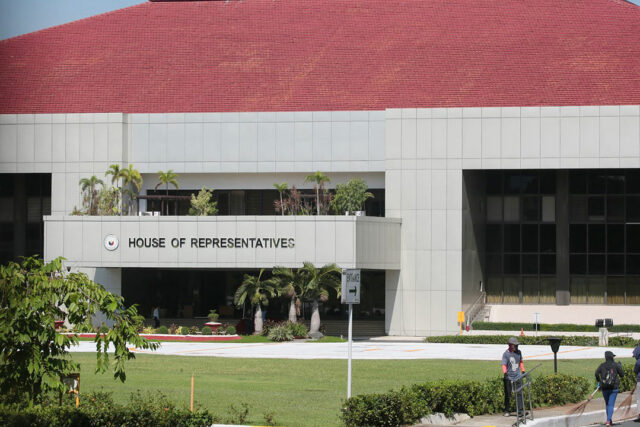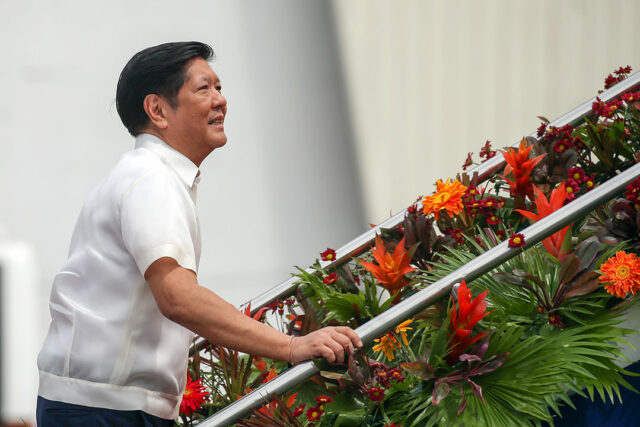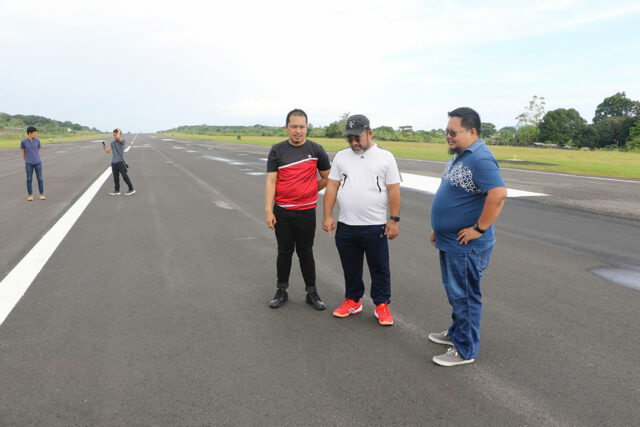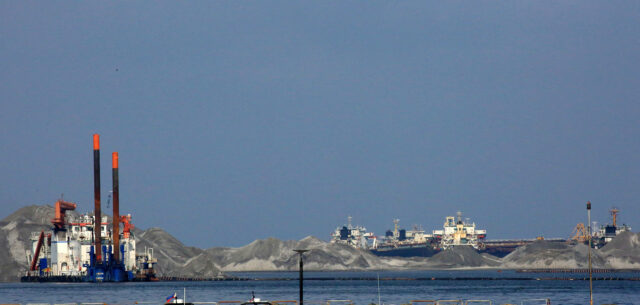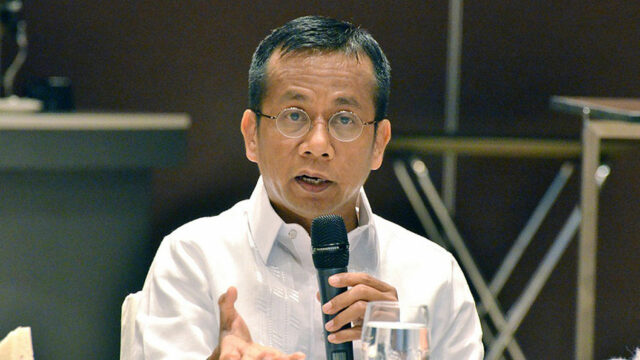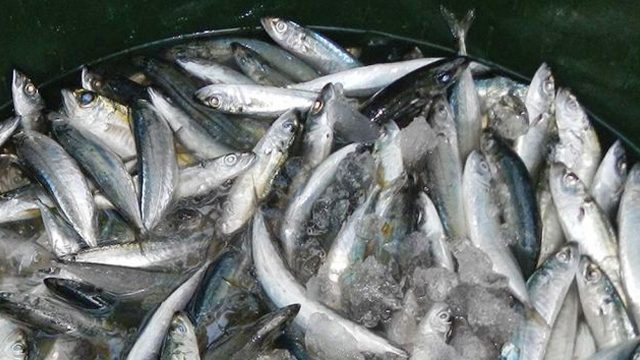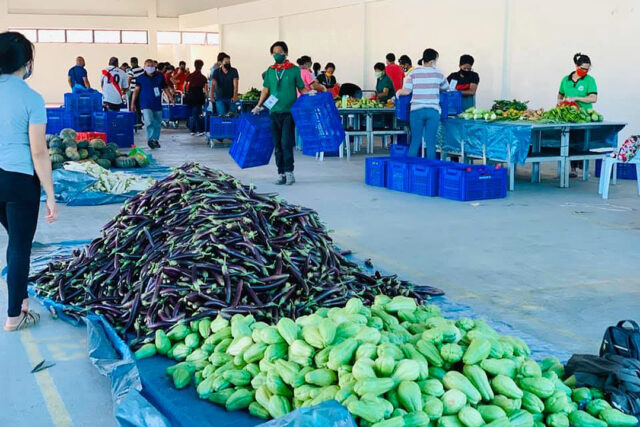Philippine Defense dep’t studying proposal to escort drilling ships
THE DEPARTMENT of National Defense (DND) on Wednesday said it is studying a proposal for US ships to escort Philippine vessels during resupply missions at Second Thomas Shoal.
“It is a possibility,” Defense Undersecretary Irineo C. Espino told a Senate foreign relations hearing. “We are exploring all possibilities and options on the rotation and resupply of personnel at Second Thomas Shoal and as of now, we can still handle the situation.”
He was responding to Senator Rafael “Raffy” T. Tulfo’s question on the feasibility of ex-Supreme Court Justice Antonio T. Carpio’s suggestion.
The former magistrate on Tuesday said Manila should hold joint patrols with the United States and seek the help of the Philippine Navy when it launches exploration activities at Reed Bank.
He said it is urgent for the country to explore oil and gas deposits at Reed Bank amid rising energy costs and the drying up of the Malampaya natural gas field.
“We have no choice but to get the gas in Reed Bank [otherwise] our economy will suffer tremendously,” Mr. Carpio said.
The Philippines and US are set to hold joint patrols in the South China Sea this year.
The late President Benigno S.C. Aquino III ordered a halt on exploration activities at Reed Bank in 2012 amid rising tensions with China.
His successor, Rodrigo R. Duterte, lifted the suspension in 2020, resuming drilling activities in the disputed water, including Reed Bank, and advancing a 2018 deal with China for joint oil and gas exploration.
Reed Bank may hold as many as 5.4 billion barrels of oil and 55.1 trillion cubic feet of natural gas, according to a 2013 report from the US Energy Information Administration.
At the hearing, Senator Ana Theresia “Risa” Hontiveros-Baraquel asked Mr. Espino whether China could have informants on Philippine resupply missions at Second Thomas Shoal, as claimed by Philippine Coast Guard spokesperson Jay Tristan Tarriela.
“We are thinking that when we load our supplies to our ships, there are already informants present,” Mr. Espino said.
He said there are as many as 200 Chinese militia ships at Second Thomas Shoal. “Even if we escort our vessels for resupply at Second Thomas Shoal, we can hardly counter the number of vessels from China.”
China’s coast guard last week released a video of its ship shooting jets of water at a smaller Philippine boat near Second Thomas Shoal, saying it had handled the incident according to law.
The Aug. 5 video showed the water barely hitting the makeshift Philippine boat that was trying to deliver food and other supplies to Filipino troops stationed at the shoal.
Mr. Tarriela on Monday said China had every intent to block the supply mission, dismissing claims that the Chinese Coast Guard had allowed one of the two Philippine boats to reach its outpost.
A handful of Filipino troops are stationed on a rusty World War II-era US ship that the Philippines intentionally grounded at the shoal in 1999 to assert its claims.
China claims more than 80% of the South China Sea, which is believed to contain substantial oil and gas deposits and through which billions of dollars in trade passes each year. A United Nations-backed arbitration court in July 2016 voided China’s claim to more than 80% of the sea based on a 1940s map.
China has ignored the ruling, which has failed to stop its island-building activities in areas also claimed by the Philippines, Vietnam, Brunei, Malaysia and Taiwan.
Meanwhile, Foreign Affairs Assistant Secretary Jose Victor C. Gonzaga told the same hearing the agency had talked to the US Embassy about a US aircraft that landed at the Ninoy Aquino International Airport unannounced in June.
“We have already called the attention of the US embassy to this,” he said. “They have provided us assurances that they will try, as much as possible, not to make this happen again.”
The Foreign Affairs official said the Boeing C-17 had a landing permit but failed to coordinate with the ground handler and the airport. — John Victor D. Ordoñez

